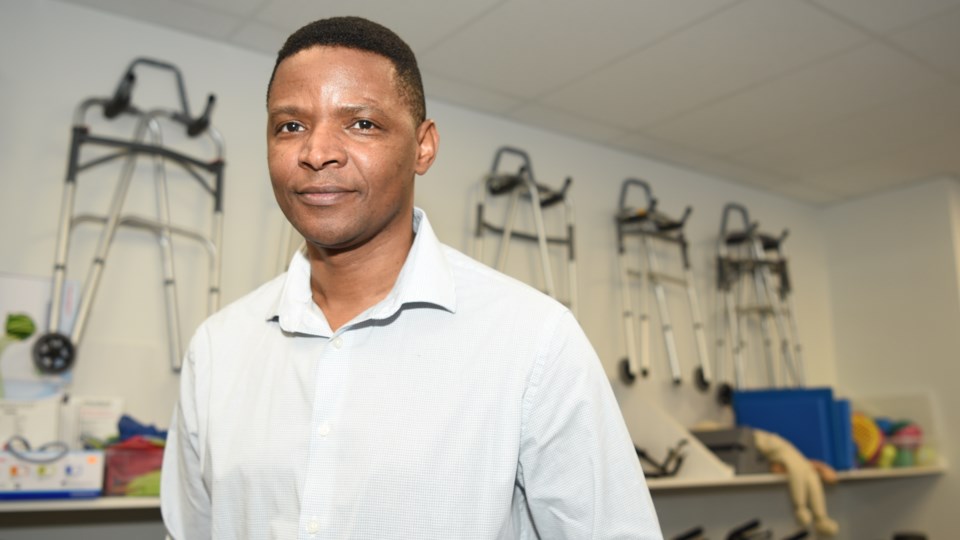What are the barriers to increasing physical activity for youth living in northern B.C.?
Dr. Taru Manyanga, a UNBC faculty member with the UBC Master of Physical Therapy – North, is pursuing a one-year study that will bring together the voices of youth and other key partners living in northern BC to co-create sustainable interventions for promoting youth physical activity (PA) in the region. Manyanga and his team are supported by a Michael Smith Health Research BC Convening and Collaborating Award for this work.
“Insufficient physical activity is higher among rural youth, who are typically excluded from related research,” says Manyanga. “Through this project, we want to understand mainly from young people in northern B.C. why they are not as active as they should be. What is holding them back? Is there anything we can do together to help? And also, what factors are associated with youth being active in our region?
The study’s team members include representatives from Northern Health, Carrier Sekani Family Services, local community, and UNBC.
“A critical part of this project is inviting and providing opportunities for youth to take leadership roles in developing and promoting PA programs, as well as advocating for policies and initiatives that support their sustained participation in regular physical activity.”
Dr. Manyanga and his team will spend the better part of the year hosting a series of brainstorming workshops across the region. The first of these workshops was held in Prince George at the end of March. Similar sessions will follow in the northeast and northwest later this year.
“In this project, we want to put youth voices at the centre of this important conversation, so they can tell us themselves what they would like to see in terms of physical activity programming. What activities appeal to their age groups and are these, for example, mostly sport-based, land-based, recreational or a mix?
“In deciding which activities, we would like youth to consider being inclusive of different abilities, gender and other circumstances that tend to disadvantage others.”
The workshops will bring youth together with decision makers, northern researchers and community-based organizations engaged in physical activity promotion in northern B.C., generating potential solutions for the region and beyond.
“We hope that the results from this study will be used to create feasible and sustainable interventions for promoting youth physical activity, as well as informing further research and bringing people together for a common PA agenda in the north,” says Dr. Manyanga.
“Inequities in opportunities to participate in regular physical activity and the health risks associated with insufficient PA, including low self-esteem, low academic performance, decreased fitness, and many other negative health outcomes requires our collective urgent attention.”



